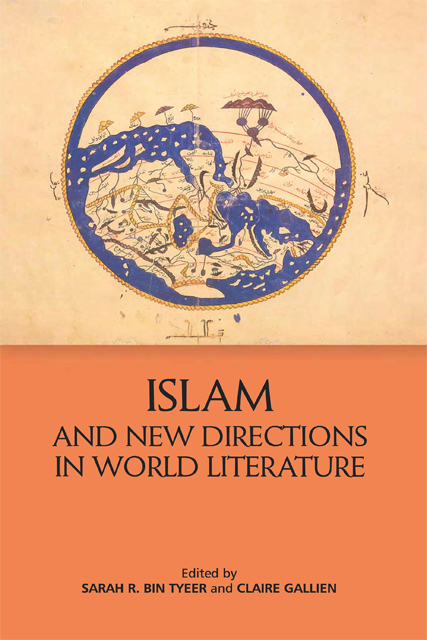7 - Friedrich Rückert (1788–1866) and his Poetic Translation of the Qurʾān
Published online by Cambridge University Press: 14 July 2023
Summary
For a long time, it was only scholars of German language and literature who saw themselves as responsible for the study of the distinguished German poet Friedrich Rückert (1788–1866). Primarily for technical reasons they eschewed the translations of Eastern classics made by that poet. Too great was the oeuvre, which included patriotic hymns, romantic poetry and classical philology, and too little their expertise in Islamic culture and history. Thus, Rückert’s ‘oriental’ side received little attention, until more recent German scholars of Islamic studies, such as Annemarie Schimmel (1922–2003), Wolfdietrich Fischer (1928–2013) and Hartmut Bobzin, drew attention to it. Thanks to them, this important dimension of Rückert’s oeuvre has become increasingly important in research as well as in the poet’s public perception. Contributions from Islamic Studies have now become an integral part of the yearbooks of the German Rückert Society. In the context of post-colonial literary criticism, initial signs of research on Rückert in English-speaking academia are also observable.
Friedrich Rückert was born on 16 May 1788 in Schweinfurt into a bourgeois, Franconian-Protestant milieu. As the son of a lawyer, he began studying law in the winter of 1805/6 in accordance with his father’s wishes, but changed to philology following his own inclination. In this, he earned his doctorate in 1811 at the University of Jena, which at that time was renowned for its lectures in philosophy and philology. He gained his initial fame as a poet with his Geharnischten Sonetten (Armoured Sonnets, 1814), which he dedicated to the German campaign of liberation against Napoleonic rule. A few years later, he wrote Liebesfruhling (Lovespring, 1821), one of the most popular collections of German love poems of the nineteenth century. In 1826, the University of Erlangen appointed Rückert to the Chair of Oriental Philology, for which he had qualified with his translation of the Maqāmāt by the Arab author al-Ḥarīrī (1054–1122). During his time in Erlangen, he published further translations of important poetic works from Arabic, Persian and Sanskrit, before leaving for Berlin, where he became professor from 1841 to 1848. After his return from the Prussian capital to his Franconian homeland, he remained there until his death on 31 January 1866.
- Type
- Chapter
- Information
- Islam and New Directions in World Literature , pp. 193 - 216Publisher: Edinburgh University PressPrint publication year: 2022

